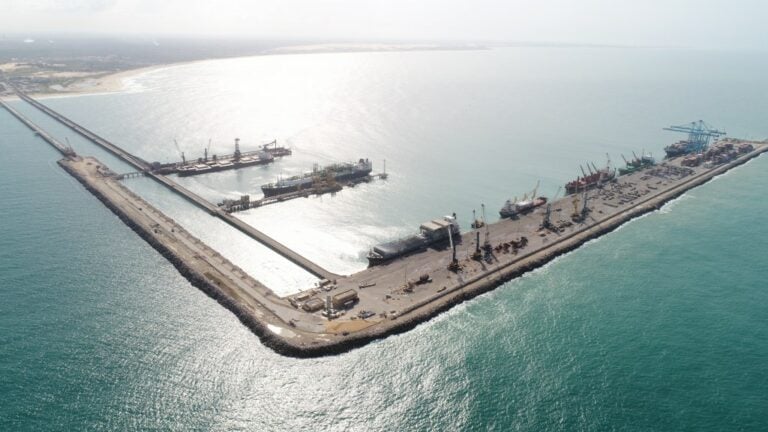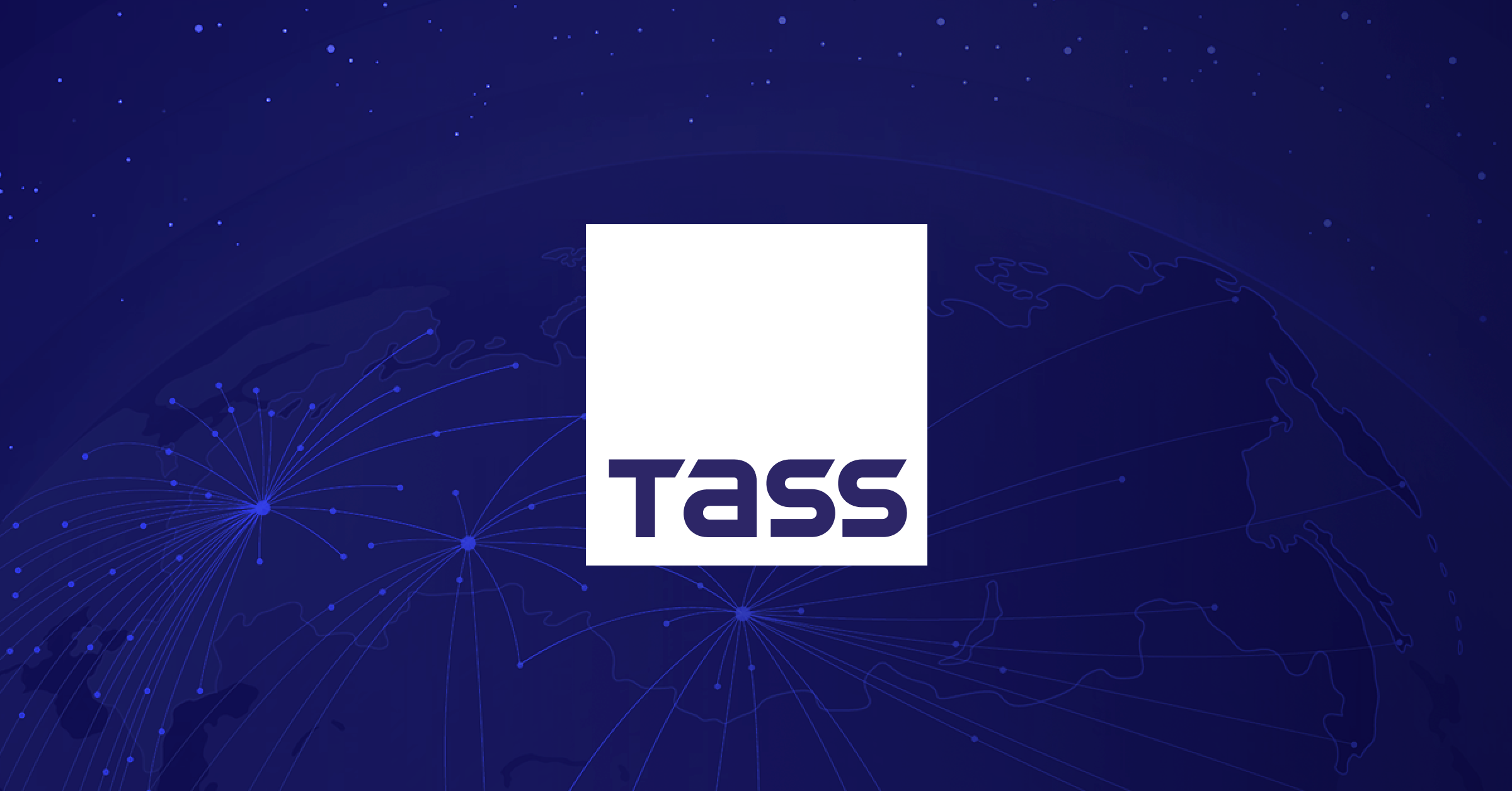By Naida Hakirevic Prevljak
Copyright offshore-energy

Germany’s Rostock Port and Brazil’s Port of Pecém have signed a memorandum of understanding (MoU) to jointly develop a transport corridor through which green energy and green products from Brazil can be imported to Germany and Eastern Europe.
Furthermore, the cooperation is intended to support investments in the Pecém Industrial and Port Complex (CIPP).
The agreement between Rostock Port and CIPP has an initial term of two years and forms the basis for intensified cooperation in the areas of hydrogen, logistics, and investments.
“Pecém is developing into Brazil’s central hydrogen hub. Rostock is one of the future ports for green energy in Germany. Together we can ensure that the energy transition does not stop at borders, but is thought of internationally,” Jochen Schulte, Germany’s State Secretary, commented.
“For us, the cooperation with Pecém is a strategic partnership. This will enable Rostock to further expand its role as an important energy production and import port. At the same time, we are gaining access to one of the most exciting locations for green energy worldwide. This is an opportunity that we want to actively shape,” Gernot Tesch, Managing Director of Rostock Port, explained.
The Pecém Industrial and Port Complex in the state of Ceará is considered one of the most important sites for the future production of green hydrogen in Brazil. Due to its location and infrastructure, it has the potential to become a logistics and industrial hub in the northeast of the country. Numerous projects for the production of green hydrogen and ammonia already exist.
In related news, the ports of Pecém and Rotterdam, and Duisport, signed an MoU to expand the green corridor connecting Ceará to Rotterdam to Germany as well. The agreement focuses on the transportation of alternative fuels, including e-methanol, green ammonia, and other derivatives, to support Europe’s decarbonization and energy security objectives, in line with the continent’s climate goals. It also aims to support Brazil’s energy transition, develop Brazilian green energy generation projects, and bring economic and social prosperity to Brazil’s Northeast region.
During a recent summit in Duisburg and Bochum, Germany, CIPP Commercial Director André Magalhães highlighted the importance of the partnership between the ports of Pecém and Rotterdam, and Duisport in building the green corridor.
The Ceará–Europe green corridor will be a strategic international trade route, linking clean energy production, transportation, and consumption, to support the energy transition and strengthen sustainable supply chains.
New water assessment study to support green hydrogen production at Port of Pecém
Brazil’s Ceara state plans green ammonia facility at Pecém port
FRV taps Envision Energy for large-scale green ammonia project at Port of Pecém
Fuella reveals second green ammonia project in Brazil
Ports of Rotterdam and Pecém bolster green hydrogen ties



